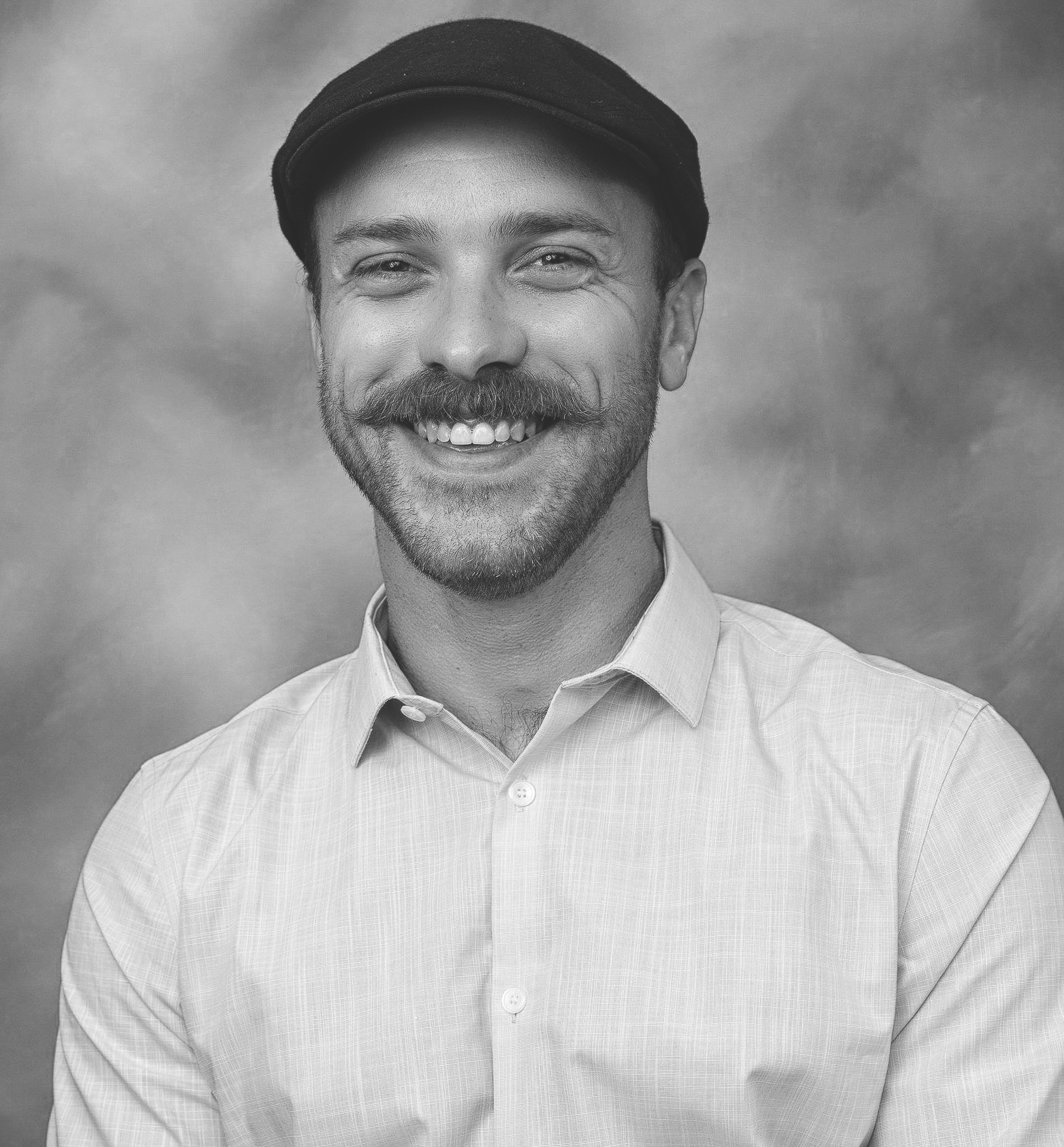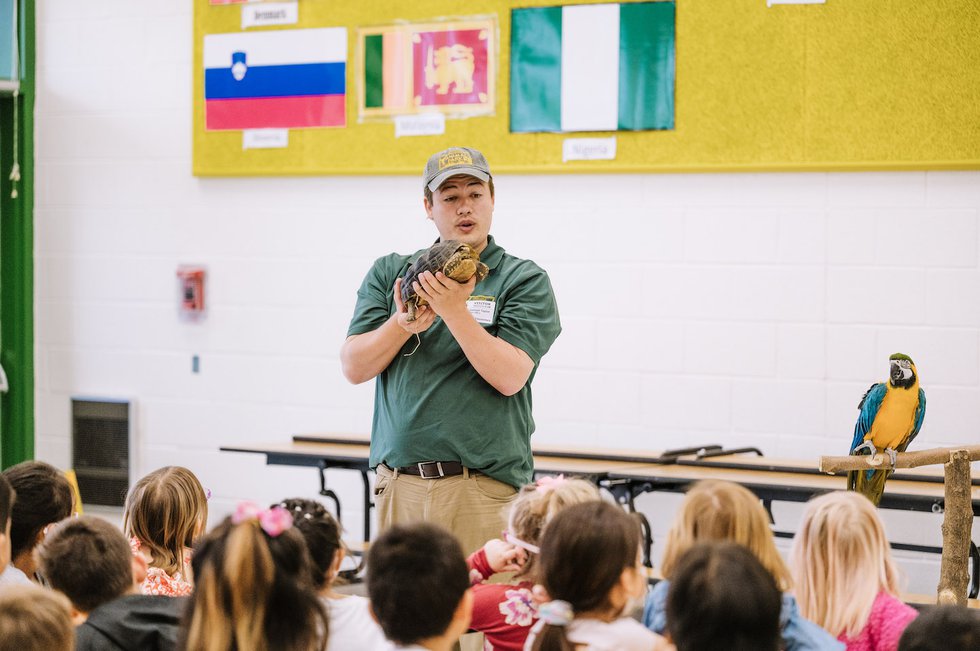A conversation with Civil War scholar Bud Robertson.

James I. “Bud” Robertson
Photo courtesy of Virginia Tech
After leading an effort by the Library of Virginia that turned up more than 33,000 pages of previously undisclosed letters, diary-entries and photographs related to the American Civil War, retired Virginia Tech professor and historian James I. “Bud” Robertson Jr. decided to edit the materials into a book. Seeking to expose the raw and simple humanity of the war’s participants, the 86-year-old pored through the materials to compile Civil War Echoes: Voices from Virginia, 1860–1891, published last summer. As Virginia was the site of more than half of all major Civil War battles, its war-time and antebellum inhabitants proved ideal subjects, supplying a comprehensive portrait of the effects of war.
Hoping to learn more about Robertson’s book, the project and the whopping cache of materials he says will “keep historians busy for two generations to come,” we phoned the distinguished emeritus for a chat.
You worked with the Virginia Sesquicentennial of the American Civil War Commission and the Library of Virginia on a project to recover Civil War documents. Subsequently, you were commissioned to compile Voices from Virginia. Can you offer us a window into that process?

The documents project took place between 2011 and 2015 and I was a sponsor of the group that went out knocking door-to-door looking for these documents. Initially, we just wanted to retrieve and scan the documents so that future citizens would be able to see them and look at them and learn more about the war … We thought that by asking people to borrow diaries, letters, photos and so on we might get 1,000 documents. And that was a hopeful estimate. Instead, we got 33,000, with many of them being from wives, children, parents and so forth, who were behind the lines on the homefront. While the record is full of correspondence from officers and officials, this side of the equation was much less represented. This allows us to see the big picture, to humanize the conflict.
So, for that reason, the correspondence proved remarkable. The most important—and valuable—thing about it is the emotional content. I’ve always said you can’t understand the Civil War if you don’t understand emotions. It was a simple time. People’s thoughts weren’t scattered—if a young boy and girl fell in love they fell absolutely, totally in love; the emotions were more raw, more direct, more pure. And at the time, politically speaking, emotions were enflamed. So while it might be sadness, enthusiasm, or even joy in these letters, emotions run out of control. Because these were largely everyday, working-class people—many of them poorly educated and using phonetic spelling—that simplicity comes through and reveals a human component of the war that military historians overlook or even totally dismiss. The revelation of this intensity of emotion was the project’s biggest reward and asset. It would be impossible for anyone with half a heart to read this material without getting emotionally stirred.
Recognizing the value of what we’d discovered, the speaker of the Virginia House of Delegates, William J. Howell, approved the funding that enabled me to write the book, with the idea being to show the humanity and emotions of Virginians involved in the war.
How did you go about approaching this vast collection of documents? What was your strategy?
I’m a maverick in my field—in short, I’m a social historian in a military period; I’m more interested in people and how they feel, how they react than some general’s brilliant tactics or strategy or what have you. Because of this, during the 50 years I taught history, students got lectures on the homefront—we took a human approach to the subject. And so my approach to this material was much the same: I wanted to look at the people involved and figure out how to best bring their emotional realities to light.
That said, I knew I couldn’t do a big book because it would entail a multi-volume work and, at this late stage in my career, that would be impossible. So I decided to do a teaser instead—a meal of hors d’oeuvres, if you will. With that in mind, I looked at the chronology of the Civil War in Virginia from beginning to end and started pulling together pertinent quotations, fitting them in piece by piece like a jigsaw puzzle.
All in all, I think I ended up with about 300 quotations or so, mostly civilians and soldiers, with much of the material sourced from wives and sweethearts behind the lines. My criterion for selection was, as long as soldier was in Virginia, I’d quote him. Indeed, I think two Massachusetts soldiers made it into the book.
Was there a particular moment or moments that stand out to you when you reflect upon your research? Could you describe?
Material like this is what I’ve spent my entire adult life looking for—so picking up each new folder was a miraculous experience, a dream come true. I never knew what was going to be in there, I felt like a child on Christmas morning …
One revelation came from a letter written by a western North Carolina soldier stationed in Virginia. He was writing to his wife, explaining to her that this letter would be his last, as he was soon to be shot to death for desertion. What had happened was, he’d left his post and finagled his way hundreds of miles to get home to see to his wife and childrens’ needs—she’d written him a letter telling him how bad things were and he came to help. Well, the first time he got away with it. Then it happened again and, on the way back, he got caught. The man was executed in January of 1864 near Culpeper.
Overall, I think you come away from a huge collection like that feeling a new pride in being American. These people weren’t educated—they were machinists, tailors, farmers, textile workers and so on. This was a war of American patriotism and these people came forward to fight for their country. Now, 150 years later, we stand here with our mouths open, awed by what they did and what they bequethed.
What do you envision your ideal reader will take away from Voices from Virginia?
The impact of emotion present in the war—the human feeling that circumvented everything, but hasn’t adequately come down in history. For instance, in my research I found four instances where a wife learned her husband wasn’t coming home and, in each instance, she went upstairs, got in bed, turned to face the wall and died. That’s uncanny. There’s no way to read a first-person account of something like that and not be moved.
What do you think the American Civil War—and specifically, studies like yours—will mean to future generations?
I hope they’ll be reminders of the great cost paid for a nation we often take for granted. More than 750,000 men died in the war, with another 500,000 losing arms, legs, eyes, or being terribly maimed or afflicted with some kind of crippling mental disability. More men died in the Civil War than all other American conflicts combined. Furthermore, if the same war erupted today, we’d lose 7 million men proportionately.
Culturally speaking, you simply cannot forget the Civil War because it’s like a great mountain whose shadow is cast over all else—it signified the birth of modern America; our nation as we know it came out of that war. I give a talk on all the ways it still lives, offering a list of things that got their start in the Civil War—like Santa Claus, Thanksgiving day, the postal service, the Medal of Honor and so on, with those being some of the less obvious ones. So whether we’re aware of it or not, the Civil War is always right there looking at us. Its legacy in everyday life is startling.
Lastly—and probably mostly obviously—in my tenure as a professor, I took pride that I could make a class cry, because if students can weep, that means they can learn. To make a mistake is human, but to make a mistake twice is stupid. If you want to survive, you damn well better learn. And that’s ultimately what I hope this book will do—help us to learn. VirginiaCivilWar.org








